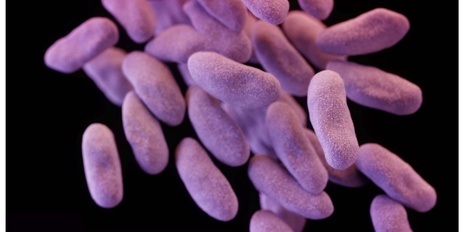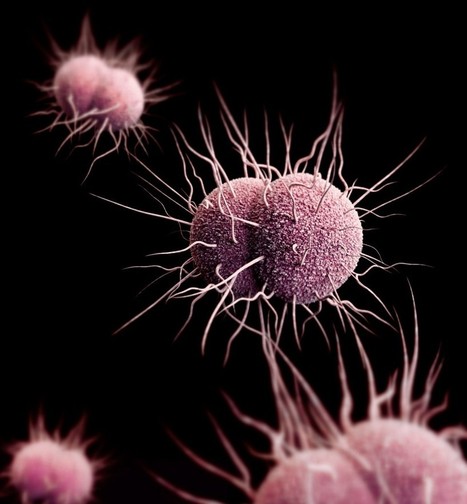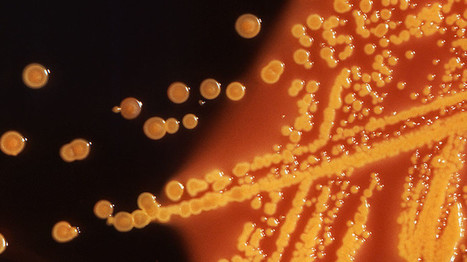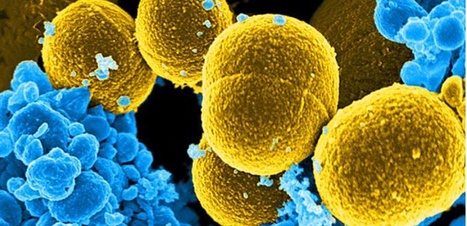Emerging data demonstrate that the activity of immune cells can be modulated by microbial molecules. Here, we show that the short-chain fatty acids (SCFAs) pentanoate and butyrate enhance the anti-tumor activity of cytotoxic T lymphocytes (CTLs) and chimeric antigen receptor (CAR) T cells through metabolic and epigenetic reprograming. We show that in vitro treatment of CTLs and CAR T cells with pentanoate and butyrate increases the function of mTOR as a central cellular metabolic sensor, and inhibits class I histone deacetylase activity. This reprogramming results in elevated production of effector molecules such as CD25, IFN-γ and TNF-α, and significantly enhances the anti-tumor activity of antigen-specific CTLs and ROR1-targeting CAR T cells in syngeneic murine melanoma and pancreatic cancer models. Our data shed light onto microbial molecules that may be used for enhancing cellular anti-tumor immunity. Collectively, we identify pentanoate and butyrate as two SCFAs with therapeutic utility in the context of cellular cancer immunotherapy. The activity of immune cells can be regulated by the microbiome. Here, the authors show that the fatty acids pentanoate and butyrate—normally released by the microbiome—increase the anti-tumour activity of cytotoxic T lymphocytes and chimeric antigen receptor T cells through metabolic and epigenetic reprogramming.
Research and publish the best content.
Get Started for FREE
Sign up with Facebook Sign up with X
I don't have a Facebook or a X account
Already have an account: Login
 Your new post is loading... Your new post is loading...
 Your new post is loading... Your new post is loading...
|
Brian Chew's comment,
March 9, 2017 8:42 AM
This is a huge breakthrough for patients suffering from Parkinson's. This study that they just conducted would mean that new and better ways could be used to treat patients suffering from Parkinson's disease. Furthermore, it could also mean that ways to detect Parkinson's early or even ways to prevent Parkinson's in the future could be hopeful too
|



































Each person carries about 100 trillion bacterial cells in their digestive tract, belonging to several thousand species, this is called the microbiome. It is believed to be involved in the development of chronic inflammatory bowel diseases, to trigger diabetes, to be responsible for obesity, and even for neurological diseases such as multiple sclerosis and Parkinson's disease, but also for depression and autistic disorders. Scientists from the Universities of Würzburg and Marburg have succeeded for the first time in demonstrating experimentally that bacterial metabolites can increase the cytotoxic activity of certain immune cells and thus positively influencing the efficacy of tumor therapies. Ideally, the bacterial species composition of the microbiome could be used to monitor its influence on the success of therapy. It is the short-chain fatty acids, butyrate and, in particular, pentanoate, that are able to increase the cytotoxic activity of CD8 T cells. Their study shows that treatment with the fatty acid pentanoate increased the ability of tumor-specific T cells to fight solid tumor models. Furthermore, the same effect was observed with CAR-T based treatment.